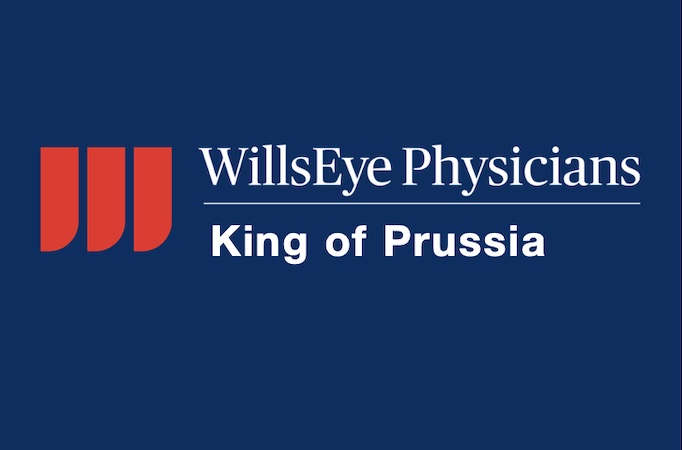Routine Eye Exams
The staff at Wills Eye Physicians King of Prussia provides routine eye examinations for patients of all ages (pediatric, adolescent, adult and geriatric). Regular eye exams are an invaluable tool in maintaining your eyes’ health by detecting and preventing disease. Some diseases develop slowly without causing pain or vision loss. Early detection of any problems can reduce the risk of further harm and allow for a choice of treatment options.
What Are the Benefits of a Routine Eye Exam?
A comprehensive eye exam should be performed every year. It can detect changes to your vision, including refractive errors, and can be used to identify more serious eye disease early on. They can also provide you with a better understanding of your overall health, as they can sometimes identify medical conditions such as high blood pressure, high cholesterol or diabetes.
Who Should Get Routine Eye Exams?
Everyone can benefit from routine eye exams. Having a good understanding of your vision is essential in any stage of life. For children, regular eye exams can help identify eye issues that could cause problems in later life and can help ensure that eyesight is not an obstacle in a child’s education. For older adults, they are essential in the identification of age-related eye diseases, some of which can cause permanent vision loss. Even in younger, healthy adults, a regular eye exam is essential as many eye diseases, including glaucoma, can affect any age group and often show no symptoms at first.
What Happens in a Routine Eye Exam?
During a routine eye exam, your doctor will test your visual acuity. This process is similar to the process of a vision screening that may be conducted by a school nurse, optician, pediatrician or another healthcare provider. A routine eye exam will also provide a more in-depth look at the condition of your eyes, which can help detect conditions that a simple vision screening would miss.
In order to evaluate the eyes thoroughly and detect any problems, the following tests are performed:
- Visual acuity
- Visual field
- Retinal examination under pupil dilation
- Slit-lamp
- Tonometry*
- Keratometry**
- Refraction
*Tonometry checks interocular pressure to test for the presence of glaucoma.
**Keratometry measures the cornea to test for astigmatism. All the tests we perform are safe for all patients.
To schedule an appointment or learn more about glaucoma, call us at 610-265-1188 or click here.
